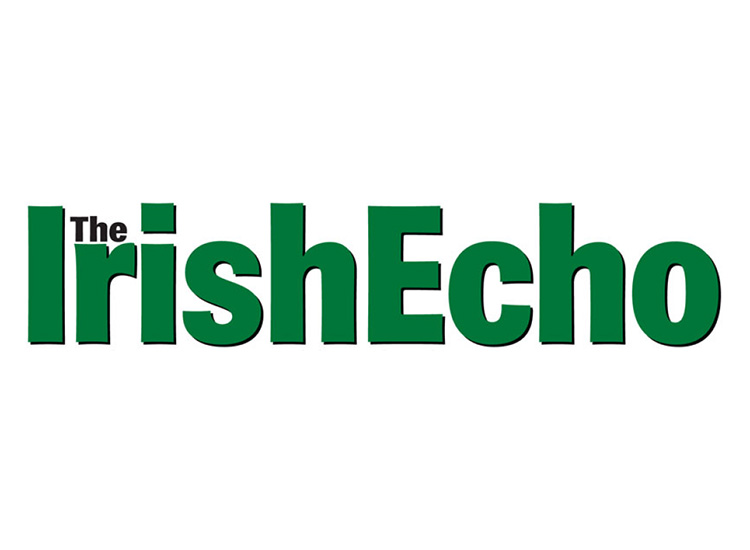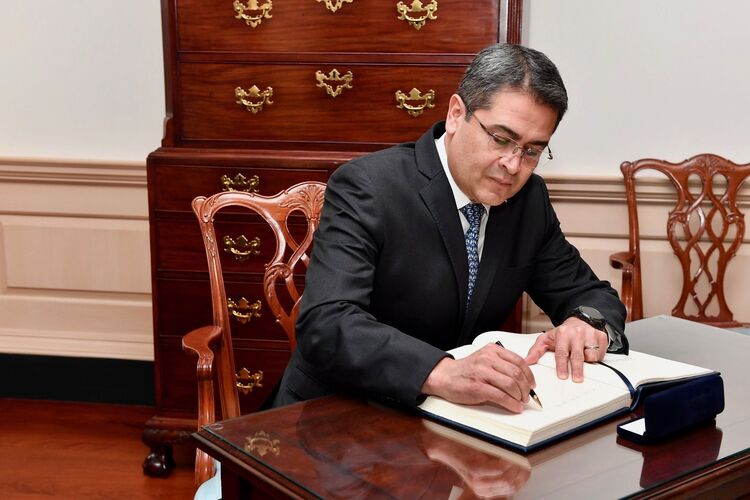Brigadier General Brendan McGuinness, Commander of the Irish Defence Forces COVID-19 Joint Taskforce, at the technical briefing on Mandatory Hotel Quarantine in the Department of Health Tuesday afternoon. RollingNews.ie photo.
By Anthony Neeson
There are fears of another surge of Covid-19 in Ireland with new case numbers ‘stuck’, according to the Health Service Executive (HSE).
Although the numbers of people in hospital have continued to fall there is concern that new cases of the virus have plateaued while health authorities on Sunday, March 21, reported 769 new cases, the highest 24-hour increase since February 26.
Ireland has resumed administering the AstraZeneca vaccine after pausing roll-out for several days over blood clot concerns. On Friday, March 19, the European Medicines Agency said that the AstraZeneca vaccine was not linked to an increase risk of blood clots.
Tensions between the EU and the UK, however, over supply of the AstraZeneca vaccine, has not dissipated with the AZ vaccine being given the all-clear. The EU is blaming AstraZeneca over its failure to deliver on its contract with the EU over doses of the vaccine.
As the row rumbles on, Taoiseach Micheál Martin has said that he is against the EU placing exports bans on vaccines that are being manufactured within the bloc.
“I’m very much against it, I think it would be a retrograde step," he said on RTÉ. “I’ve met all of the companies and it’s absolutely vital that we keep supply chains open.”
Martin said Ireland was looking forward to a better second quarter in terms of vaccine supplies.
“I understand the issues with AstraZeneca. There is huge tension there between AstraZeneca and the European Union – they have not fulfilled their contracts, but there is no point in undermining other companies.”
Meanwhile, the contract for the Covid hotel quarantine system is to be awarded to the Tifco Hotel Group, which has 24 hotels.
The hotel group will provide hotel accommodation and food for those required to quarantine after flying into the Republic from what are deemed 33 high risk countries, such as South Africa and Brazil.








